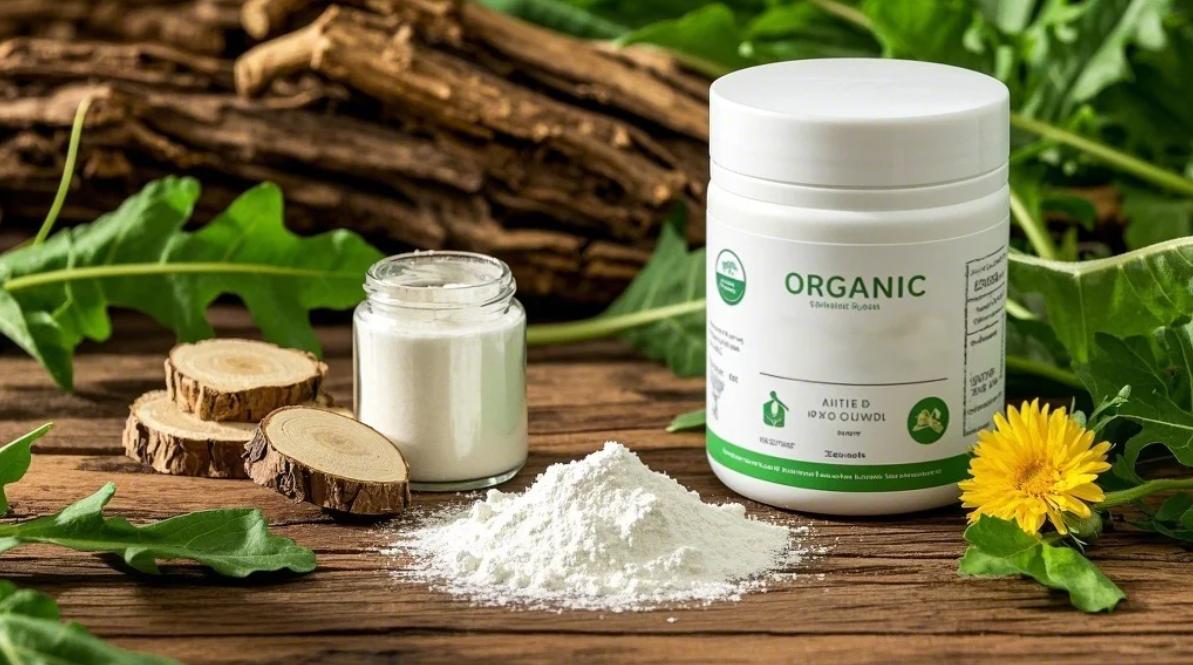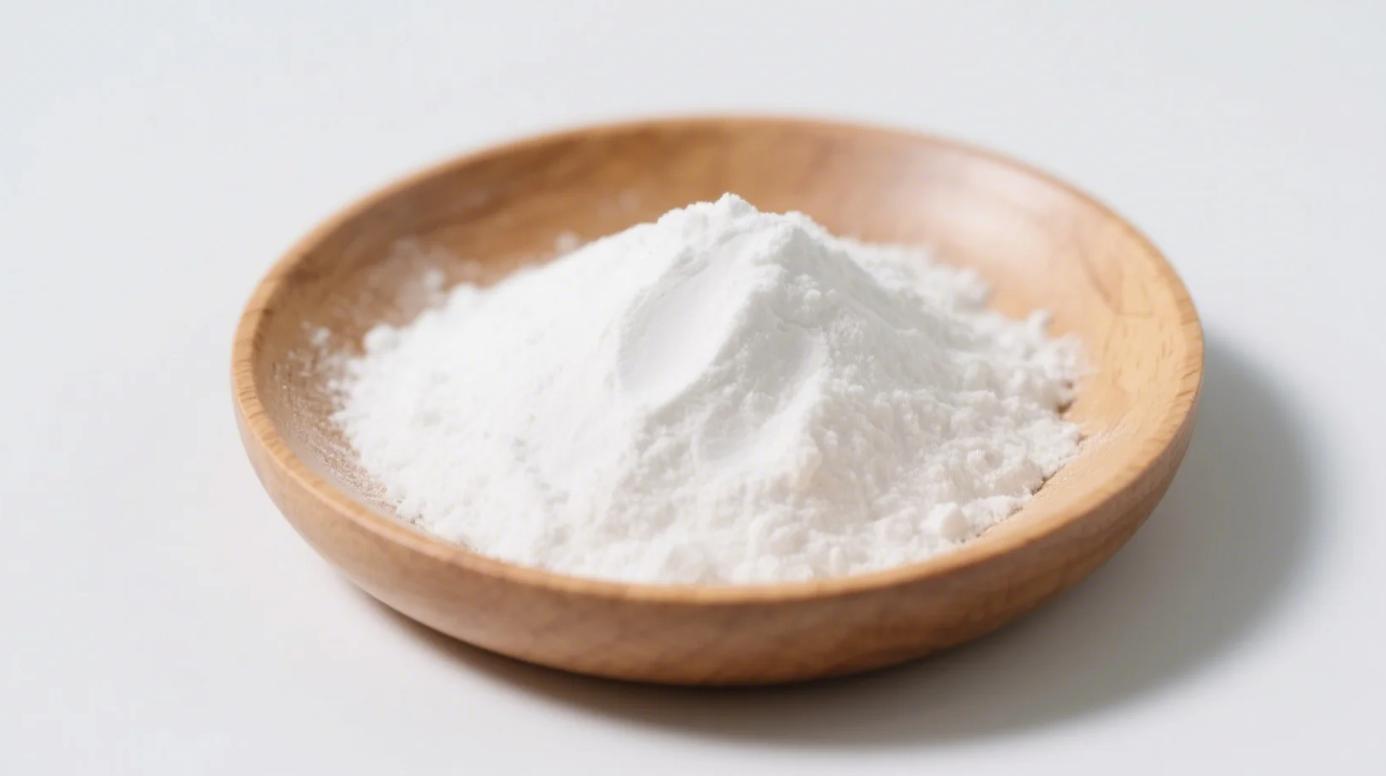In a world obsessed with flashy superfoods, organic inulin quietly works its magic as the ultimate gut guardian. Derived from chicory root, this unassuming fiber doesn’t just fill space in your smoothie—it fuels your microbiome, balances blood sugar, and even boosts mineral absorption. Forget trendy supplements; let’s dive into why inulin deserves a prime spot in your pantry (and your wellness routine).
What is Organic Inulin?
Inulin is a soluble prebiotic fiber found naturally in plants like chicory, garlic, and Jerusalem artichokes. The organic version is extracted without synthetic chemicals, ensuring purity and eco-friendly farming practices. Unlike sugars or starches, inulin isn’t digested by the body—it arrives intact in your colon, where it feeds beneficial bacteria like Bifidobacteria and Lactobacilli. Think of it as fertilizer for your gut garden.
The Gut-Health Powerhouse: Benefits You Can’t Ignore
- Microbiome MVP: Inulin stimulates the growth of “good” gut bacteria, improving digestion, immunity, and even mood regulation (yes, your gut and brain are BFFs).
- Blood Sugar Balancer: Studies show inulin slows carbohydrate absorption, preventing spikes and crashes—ideal for diabetics or low-carb enthusiasts.
- Bone Builder: It enhances calcium absorption by up to 20%, supporting stronger bones over time.
- Weight Wellness: By promoting satiety and reducing cravings, inulin helps curb mindless snacking.
How to Harness Inulin’s Magic (Without the Bloat)
- Sneak It into Smoothies: Start with 1 tsp daily; gradually increase to 1-2 tbsp to avoid gas (your gut needs time to adapt!).
- Bake Smarter: Replace 10% of flour with inulin in muffins or bread for a fiber boost without altering texture.
- Boost Your Coffee: Stir into morning brew for a creamy, slightly sweet twist (it’s tasteless but adds body!).
- Mix with Probiotics: Pair with yogurt or kefir to amplify gut-health benefits—synergy at its finest.
Why Organic Matters for Inulin
Non-organic inulin often comes from crops treated with glyphosate or synthetic fertilizers, which can linger in the final product. Organic certification guarantees:
- Purity: No toxic residues—just clean, plant-powered fiber.
- Sustainability: Supports regenerative farming that enriches soil health.
- Transparency: Traceable sourcing from seed to shelf.
Inulin vs. Other Fibers: The Showdown
- Psyllium Husk: Inulin is gentler on the stomach and doesn’t create a gel-like texture.
- Oat Fiber: Better for baking and offers prebiotic perks oat fiber lacks.
- Acacia Fiber: Less likely to cause bloating, making inulin a crowd-pleaser for sensitive systems.
FAQs
Q: Will inulin make me gassy?
A: Start slow! Initial bloating is normal as your microbiome adjusts. Stick with small doses and hydrate well.
Q: Is it keto-friendly?
A: Yes! With nearly zero net carbs, it’s a keto dieter’s dream fiber source.
Q: Can I cook with it?
A: Absolutely—it’s heat-stable up to 300°F (150°C), perfect for soups, sauces, and baked goods.
Recommended Product
Organic Inulin
Premium Prebiotic Fiber for Nutraceuticals, Food & Beverage Industries

